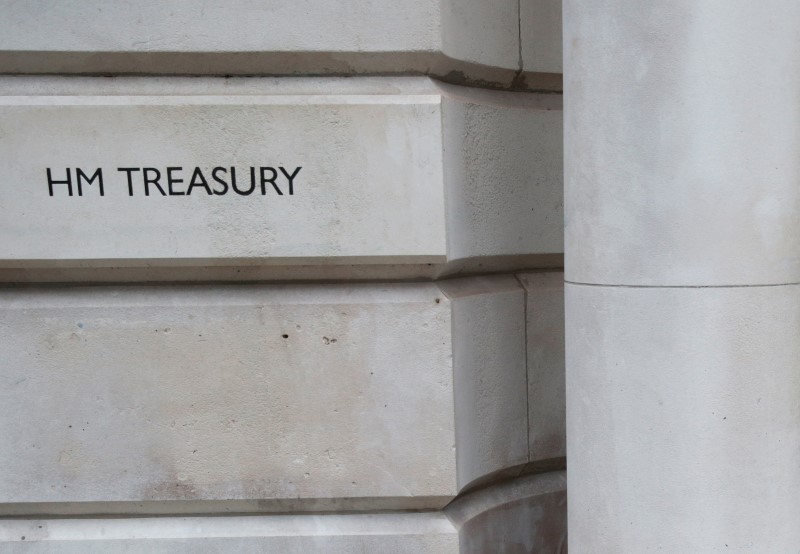Investing.com - UK Chancellor Rachel Reeves will present the first Budget of the new Labour government on Wednesday, and UBS points out what investors should watch.
Going into the Budget, the government is facing a difficult situation with spending likely to overshoot the March forecast by around £22 billion (0.8% of GDP), limited space for additional spending (under the current fiscal rules) and the government's commitment to boost investment, the analysts at UBS said, in a note dated Oct. 17.
The Swiss bank expects the Budget to focus on three key aspects: changes in fiscal rules to increase headroom for future borrowing; a package of tax increases, probably on capital gains, inheritance, pensions and, most importantly in terms of additional revenues, national insurance contributions for employers; and additional spending on investment projects.
“While higher spending is likely to lead to an upward revision in this year's deficit (3.1% of GDP), we expect the overall fiscal stance to remain restrictive over the coming years, especially considering the previously announced tax increases (e.g freezing personal tax thresholds) and the tax increases that are likely to be announced,” according to analysts at UBS.
The Treasury is no longer planning to bring the headline deficit to below 3% but instead aims for a balanced current budget (day-to-day spending) by the fifth year of the OBR's forecast. Based on the March OBR projections, this could free up c.£13.6bn (0.5% of GDP) for departmental budgets, the bank noted.
As regards the debt rule, no change has been confirmed yet. But depending on how the rules are changes, the switch could free up between £16bn and £58bn (0.6-2.1% of GDP) for capital spending.
“Our baseline is that the government will likely err on the side of caution,” UBS said, “creating additional space of £16bn (0.6% of GDP).”
This option would reinforce the government's “commitment to fiscal prudence and help to avoid potential market concerns that 'too much' headroom could leave the door open to much more generous fiscal plans in the future.”
The government's commitment to avoid a return to austerity would require additional funding of £26bn (1% of GDP), which is larger than the additional funding freed up by the change in the spending fiscal rule - this explains the government's need for additional revenues via tax increases.
Given the government's commitment not to raise income tax, national insurance contributions, VAT and corporation tax, it has been expected for some time now that the tax increases are likely to include the capital gains tax, inheritance tax and taxes related to pensions, in addition to the already announced increase in the VAT rate on private schools and likely changes to the non-dom regime and retained earnings by private equity.
Recent signals also suggest that an increase in employers' national insurance contributions, which could raise c.£9bn (0.3% of GDP), will also be included in the tax package. The overall target for additional tax revenues, however, remains highly uncertain, with estimates varying between £20bn (0.7% of GDP) and £40bn (1.5% of GDP).
The gilt remit for 2024-25 is likely to be increased.
“We anticipate an upward revisions of around £14bn, from £278bn to £292bn, for the FY24-25 gilt remit as a result of the upcoming Autumn Budget. This is an increase of nearly £6bn compared to our last gilt remit update following the public spending review in July,” UBS added.
